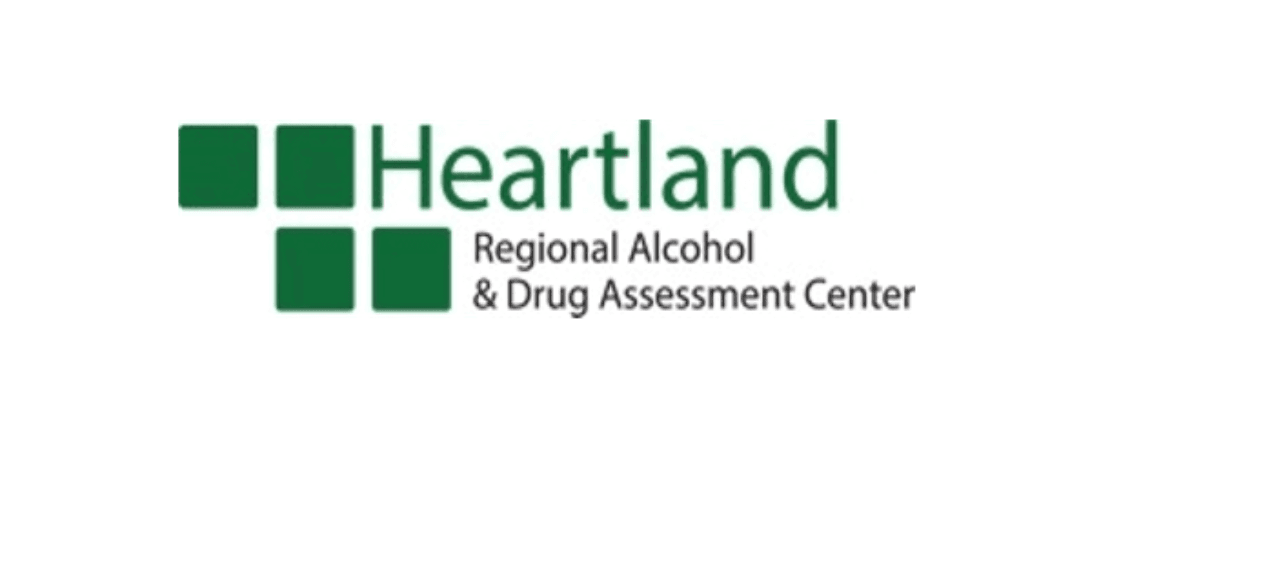If you hate holiday shopping, this might make you feel just a little bit better about it. Research suggests that giving has multiple benefits, for both the recipient and the giver.
Consider this:
Giving makes you happy. A Harvard Business School study found that giving money to someone else lifted participants’ happiness more that spending it on themselves. Happiness expert Sonja Lyubomirsky, a professor of psychology at the University of California, Riverside, saw similar results when she asked people to perform five acts of kindness each week for six weeks.
Similarly, a study conducted at the National Institute of Health found that when people give to charities, it activates regions of the brain associated with pleasure, creating a “warm glow” effect. Scientists also believe that altruistic behavior releases endorphins in the brain, producing the positive feeling known as the “helper’s high.”
Giving is good for your health. Significant research has linked generosity to better health, even among the sick and elderly. Studies have shown that one reason giving may improve physical health and longevity is that it helps decrease stress, which is associated with a variety of health problems. In a study by Rachel Piferi of Johns Hopkins University and Kathleen Lawler of the University of Tennessee, people who provided social support to others had lower blood pressure than participants who didn’t.
Giving leads to social connection. Several studies have shown that when you give to others, your generosity is likely to be rewarded by others down the line—sometimes by the person you gave to, sometimes by someone else. According to research, having positive social interactions is central to good mental and physical health. Additionally, when we give to others, we don’t only make them feel closer to us; we also feel closer to them. “Being kind and generous leads you to perceive others more positively and more charitably,” writes Lyubomirsky in her book The How of Happiness, and this “fosters a heightened sense of interdependence and cooperation in your social community.”

